Three out of four adults will endure the itching, burning, and bleeding of hemorrhoids at some point in their lives. These habits can be a cause of hemorrhoids problems.
You’re lifting heavy objects
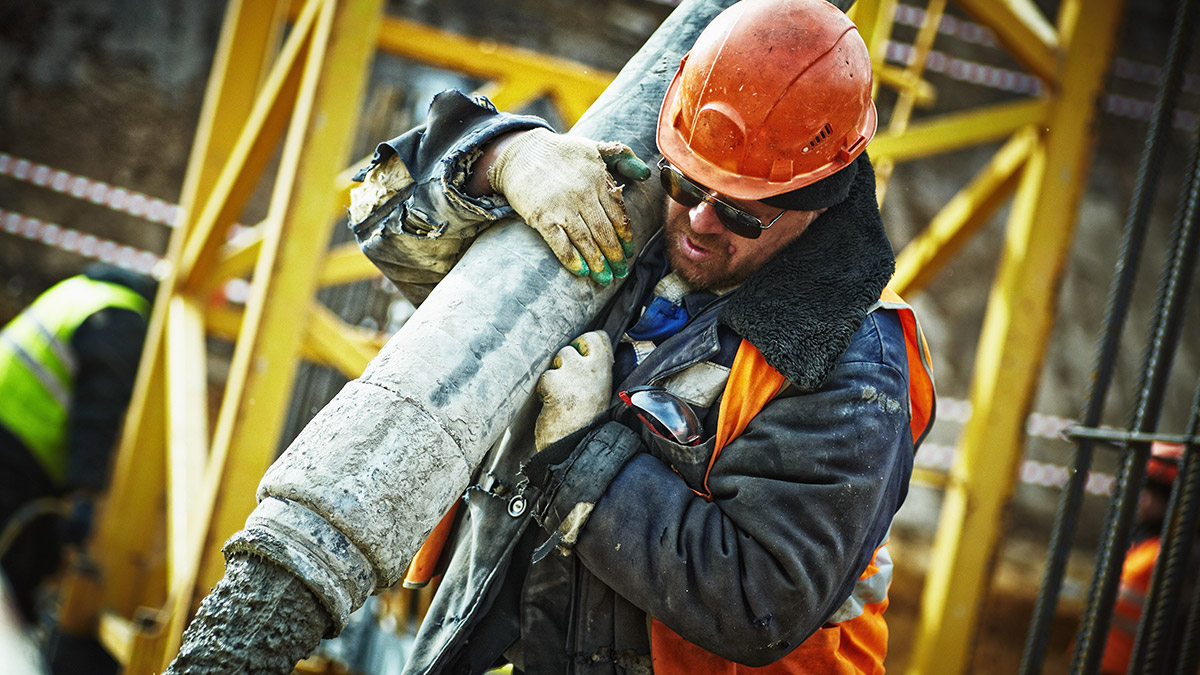
You may think it’s harmless to pick up one end of the couch while you’re moving, but it could cause you to bear down too hard. That increases pressure in the rectum, causing the veins (called the hemorrhoidal plexus) to swell like a balloon, explains Darren Brenner, MD, gastroenterologist at Northwestern Memorial Hospital. Boom: hemorrhoids. Unfortunately, there’s no surefire way to avoid this completely. Lifting correctly—you know, with your knees, not your back—can help.
You’re over-ambitious at the gym
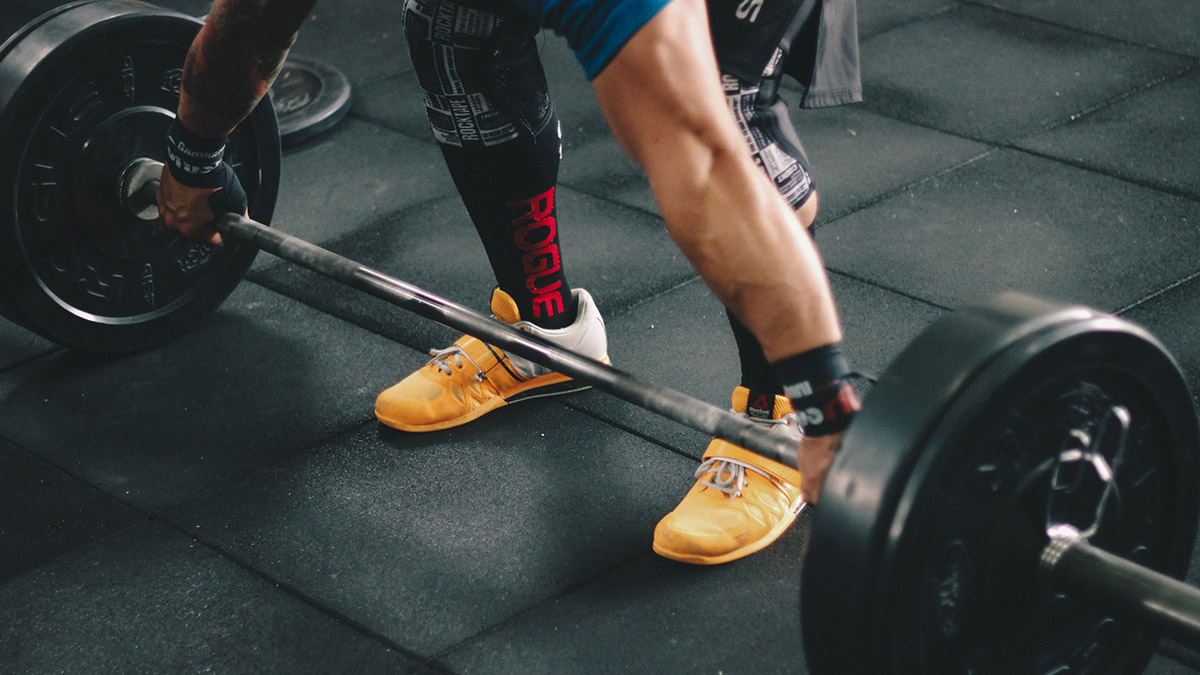
For the same reason hoisting a big box can give you hemorrhoids, so too can lifting overly heavy weights at the gym, says Dr. Brenner. The idea is to challenge yourself, of course, but make sure that you’re catering the workout to your abilities, and using weights and workouts that are right for you.
You’re sitting on the toilet…forever
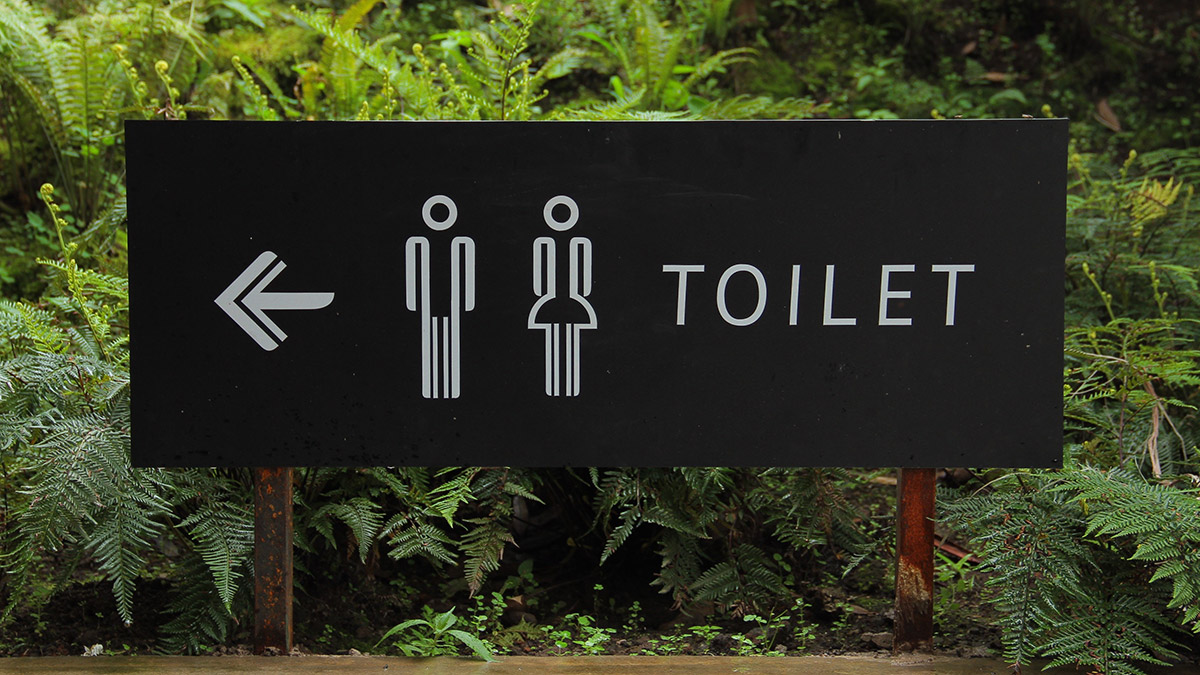
When thinking about what causes hemorrhoids, consider your toilet time. Sure, it’s nice to hang out with your smartphone in the bathroom—it’s so quiet and relaxing in there!—but sitting too long on an open toilet bowl will cause gravity to put undue stress on these veins and become cause of hemorrhoid problems Dr. Brenner gives you license to take all the time you need to go, but once you’re done, flush and head out.
Your diet isn’t that great

If you’re making too many fast-food runs or relying on packaged snacks to get through the day, you may not be getting enough fiber. The necessary nutrient helps bulk up and soften your stool so it can sail through your GI tract smoothly. Studies show that supplementing with fiber helps lessen hemorrhoid symptoms and bleeding, though it may take more than a month to take effect.
You just can’t go
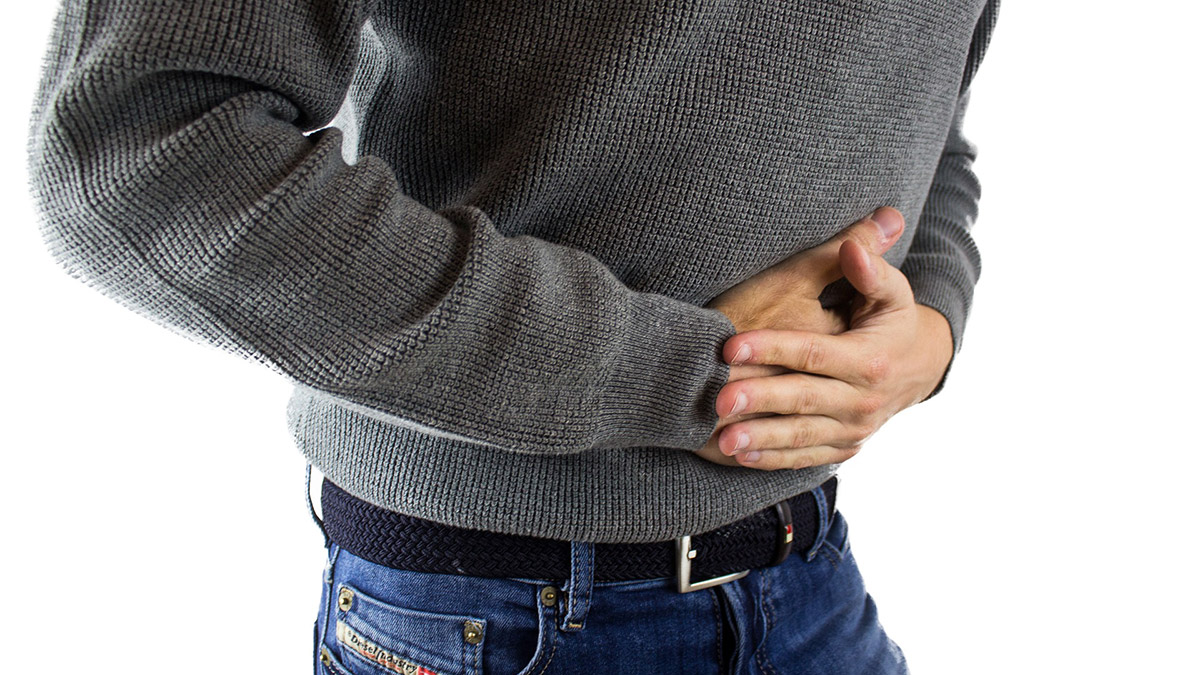
If you go number two fewer than three times a week, you’re probably constipated. And the associated straining over lumpy, hard stools pushes on anal cushions (which are what house those veins that bulge). Exercising, eating enough fiber (25 grams a day for women; 38 grams for men), and sipping enough water to address thirst are all lifestyle tweaks you can make to get more regular.
You have diarrhea
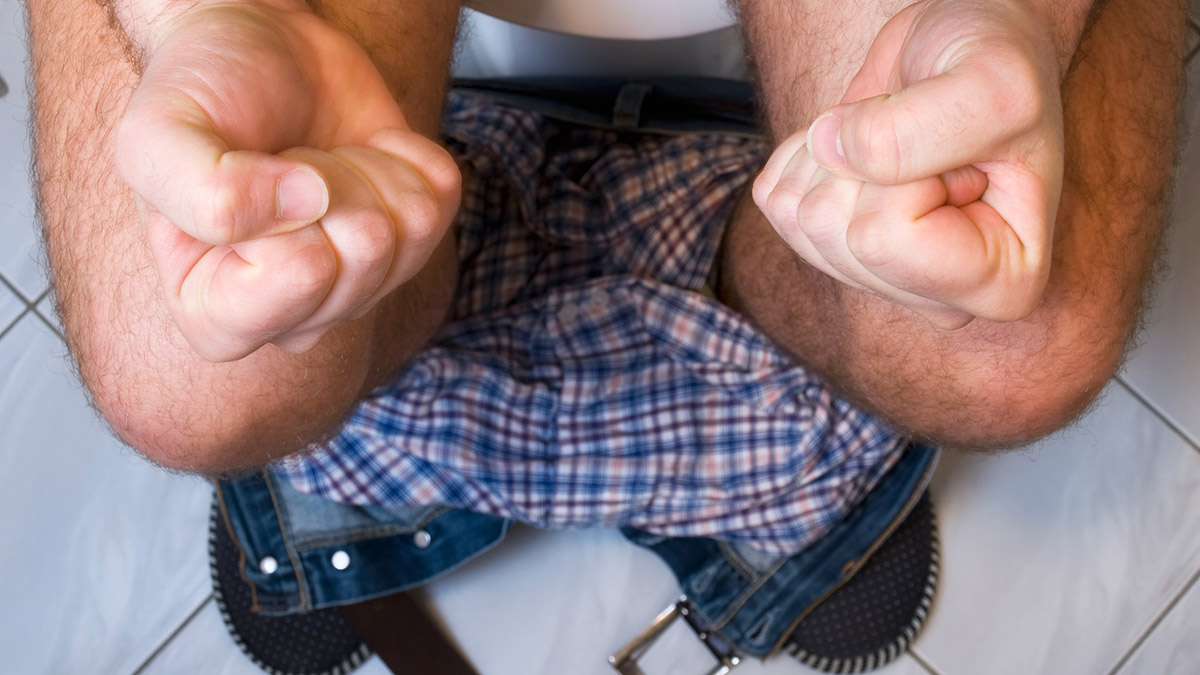
One of the most common hemorrhoid causes: going too often. You’d think this was counter-intuitive, but pooping multiple times a day means you spend a lot of time on the toilet, and possibly bearing down and straining. The fix, says Dr. Brenner, is to address the underlying reason behind the diarrhea. It may be viral (like the flu), IBS, medications, or a foodborne illness, or you may just need some tweaks to your diet.
You’re pregnant
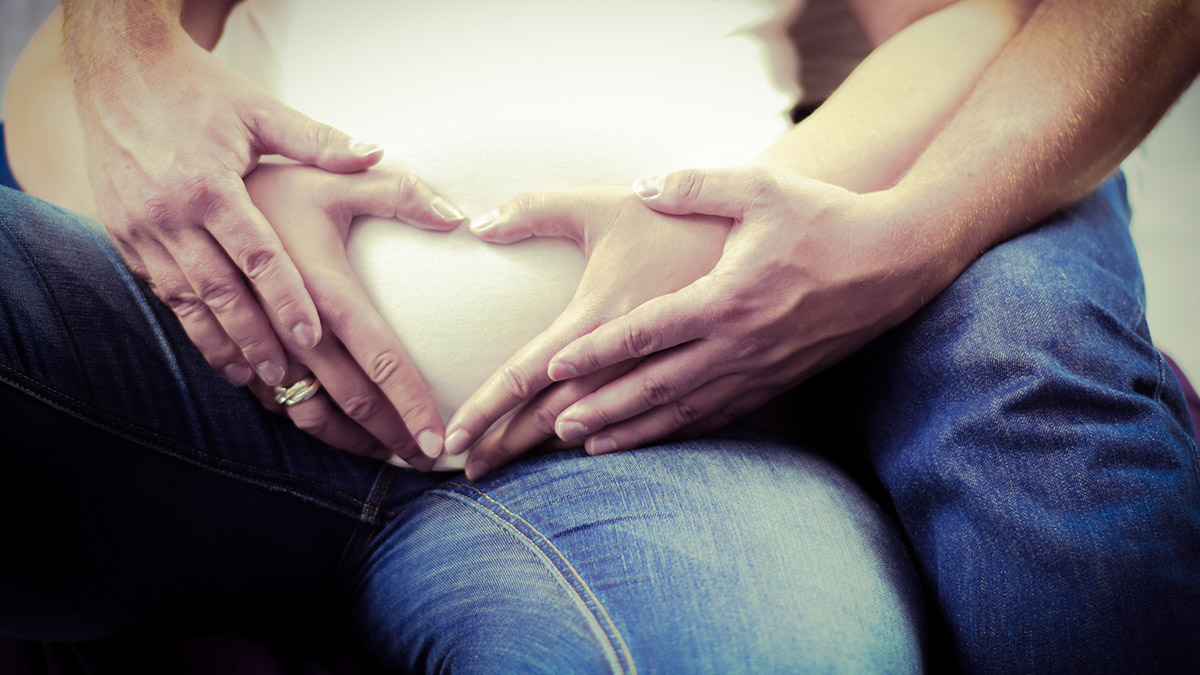
Growing a tiny human is a beautiful—but often not-so-glamorous—process. Pressure in your abdomen from your uterus expanding, along with hormonal changes and constipation (another common pregnancy symptom) can contribute to the cause of hemorrhoids. That’s why up to 35 percent of pregnant women get them, research shows. Traditional treatment, such as eating more fiber, staying hydrated, and taking stool softeners, can help expectant moms.
You skipped the gym…again
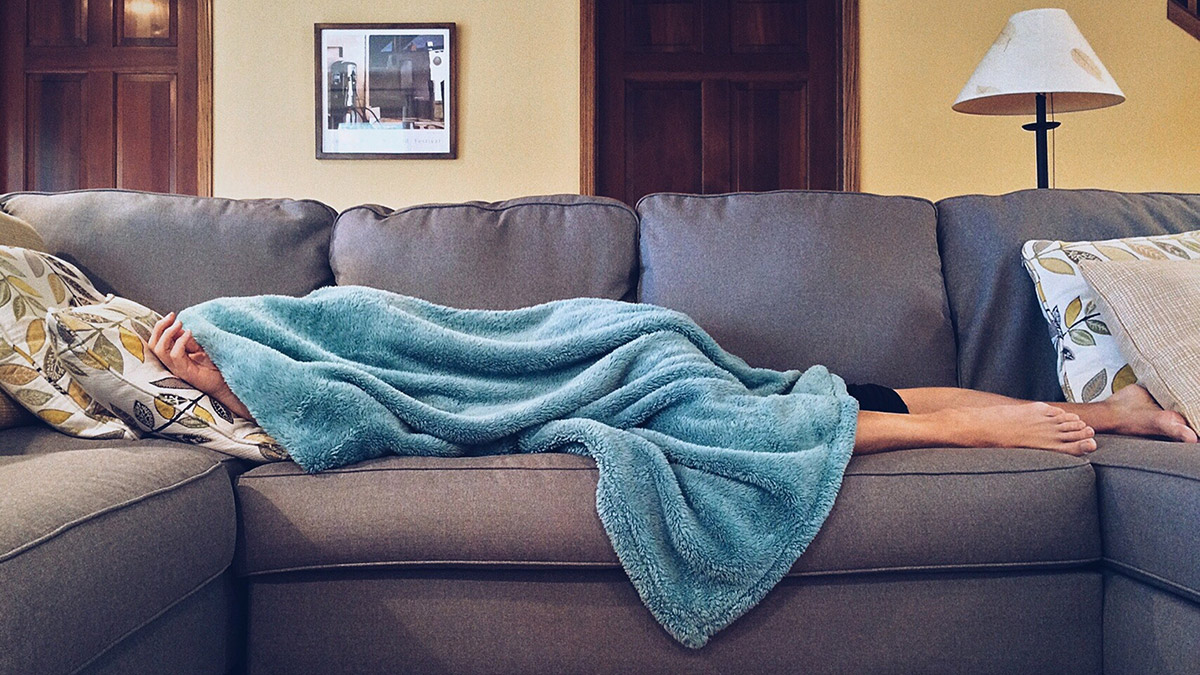
Being active goes a long way toward helping you maintain a healthy weight. Indirectly, that also means lessening your odds of hemorrhoids. Indeed, for every point increase in BMI, adults had a 3.5 percent higher risk of suffering from them, according to a study published in the International Journal of Colorectal Disease. Excess weight applies extra pressure on the anal area. You’ve heard it before, but count this as one more reason to move your body for the recommended 150 minutes per week.
Originally Published on Readers Digest

